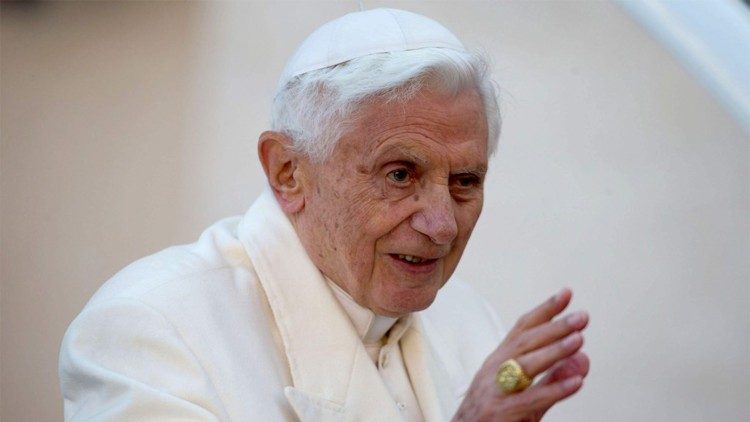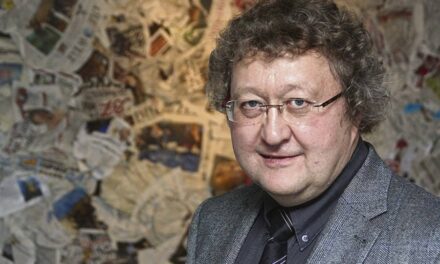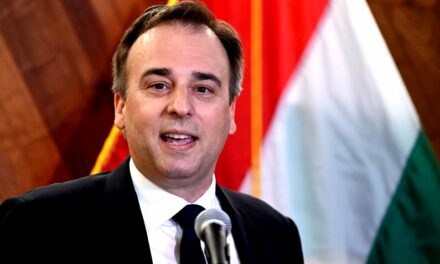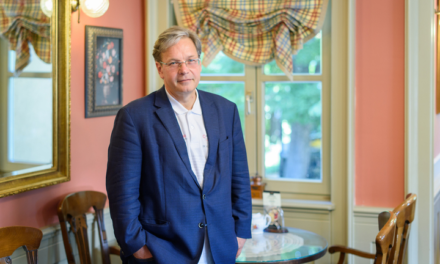Although in the Middle Ages there were significant vicissitudes around papal power, popes and anti-popes followed each other, or they were captured or exiled, but what happened almost 10 years ago did not happen for 600 years: on February 28, 2013, St. Peter's episcopal his chair became vacant because the Pope resigned, who XVI. He became the earthly vicar of the Church of Christ under the name Benedict.
His predecessor II. János Pál was in great agony, but he remained in office until his death. What am I talking about, since being the first man of God's Church is not an office, not even a profession, but a mission, a heavenly selection.
Taking all of this into account, is the pope allowed to resign? The film The Two Popes directed by Fernando Meirelles showed (with excellent performances by Anthony Hopkins and Jonathan Pryce) that Ratzinger himself nominated his successor in the person of the later Francis, who can be said to be more liberal than him on certain issues.
But do the filmmakers know this well, or was the otherwise well-executed work just a diversion? Even before his election, there were several accusations against Benedek that he had served the Nazis. At home, HVG presented a lot of negative biographical data about him. A liberal church scholar said, according to the newspaper, that he would be "terrified" if Joseph Ratzinger became pope. However, John Allen, his biographer, stated in an interview that he was only a "not very enthusiastic" member of the Hitler Youth for a short time. I ask: who in Nazi Germany could afford not to be one?
So, despite the reservations of the liberal world, the German archbishop was elected pope on April 19, 2005 in Rome, and he performed his God-given duties according to its rules.
To his predecessor, II. Like János Pál, he supported the institution of mandatory priestly celibacy, opposed the ordination of women to the priesthood, artificial birth control, civil recognition of homosexual relationships, abortion and euthanasia. Regarding these two latter, he stated that
those who support these "serious sins" cannot be given sacraments.
II. He gained fame as one of János Pál's closest collaborators, and according to his personal acquaintances, he was a kind and even shy person, while the liberals said of him: God's Rottweiler. Obviously, he did not tolerate the appearance of LGBTQ or the various forms of "open society" either inside or outside the church. Because of this, he was subjected to a lot of attacks and provocations, but he stood his ground for a long time.
We do not see into the workings of the Holy See, but it also means that after Benedict's resignation, Francis also signed a letter of resignation in case he could not perform his duties due to his illness.
And here the focus is on the office. The Pope is not a head of state whose mandate expires or a director who can be removed. The power he represents is not of this world. Peter's successor must also be a rock, who can only be brought down by "thunder that shakes heaven and earth".
It fills everyone with fear if the pope does not immediately go to God with his departure!
The emeritus pope for some reason opened up a space - despite his intentions and for who knows what reason - for relativity. From here on, papal activity can be relativized, made earthly and professional. I am convinced that he was forced to resign for some extraordinary and not personal reason. It is no accident that the pro-abortion, liberal American president was not invited to the Pope's funeral.
This was the expressed last will and desperate message of the Pope Emeritus.
XVI. He now brought the real secret of Benedict's former decision to resign before God. And Christian values are under attack.
Featured image: Vatican News












